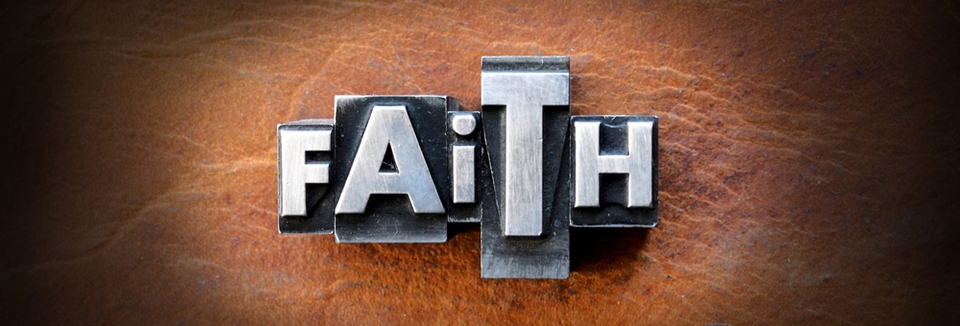Spiritual Wellness
"For God so loved the world that he gave his one and only Son, that whoever believes in him shall not perish but have eternal life."

Tattooing has exploded in popularity in North America over the last decade. Once associated with motorcycle gang members and convicts, tattoos have been adopted by a wide cross-section of the younger generation (and some not-so-young folks), both male and female. With increased popularity has come increased acceptance. Visible tattoos are now considered acceptable in most workplaces, as well as other public spaces. Some people even get tattoos of motivational spiritual quotes!
However, religious perspectives on tattoos vary greatly. Tattoos are strongly associated with certain religions, but at least one religion frowns upon them. Here is a review of the positions of the major world religions on tattoos.
Christianity
There is no prohibition against tattoos in Christianity, although often Christianized populations wear fewer tattoos than non-Christianized peoples. This relates to the popularity of tattoos within some pagan cultures in the early history of Christianity. When Christianity was subsequently adopted by these groups, the practice of wearing tattoos was sometimes denounced as inconsistent with the newly adopted faith. The Catholic Church does not prohibit tattoos, except those that are sacrilegious or blasphemous.
There is a subset of Christians who like to wear specifically Christian tattoos, usually of Bible verses. Perhaps the most popular verse that a Christian might get a tattoo of is John 3:16, which reads: "For God so loved the world that he gave his one and only Son, that whoever believes in him shall not perish but have eternal life."
Buddhism
There is a long history of tattoos within Buddhism. Indeed, the monks of certain temples have a tradition of creating tattoos as part of their religious observance. Buddhist tattoos consist of images from the religion as well as sacred script. However, there is a sensitivity in certain regions to representations of the Buddha within a tattoo. This is considered by some Buddhists to be disrespectful.
Islam
Muslims are divided on this matter. Tattoos are prohibited in Sunni Islam but allowed within the Shia branch of the religion. Some Sunni scholars believe that the Prophet's general prohibition against mutilation of the body applies to tattooing.
Judaism
Tattoos are prohibited within Judaism. This position is based both on the Bible (a reference in the book of Leviticus seems to forbid it) and on an overall prohibition against modification of the body (with the exception of circumcision and any procedure designed to correct a deformity).
Hinduism
The wearing of tattoos is strongly associated with and integrated into Hinduism. Many Hindu women wear tattoos on their faces. Other Hindu tattoo traditions vary according to region. In addition, certain tattoo designs and body locations are associated with seeking good fortune while other designs and locations are associated with warding off evil.
As you can see, there is a great range of possibilities with respect to the relationship between religion and tattoos. Within one religion (Judaism), tattoos are forbidden. Within another (Christianity), tattoos are tolerated and sometimes have religious significance. Within Hinduism and Buddhism, tattoos are looked upon favorably and are integrated into religious observance. Finally, there are differing views in the two main branches of Islam with respect to tattoos.
It should also be remembered that many adherents within a religion can hold widely different views. What one religion teaches may not always be what every follower personally thinks about tattoos.
Spiritual Prayer
I am coming soon. Hold on to what you have, so that no one will take your crown. The one who is victorious I will make a pillar in the temple of my God. Never again will they leave it. I will write on them the name of my God and the name of the city of my God, the new Jerusalem, which is coming down out of heaven from my God; and I will also write on them my new name. Amen.

